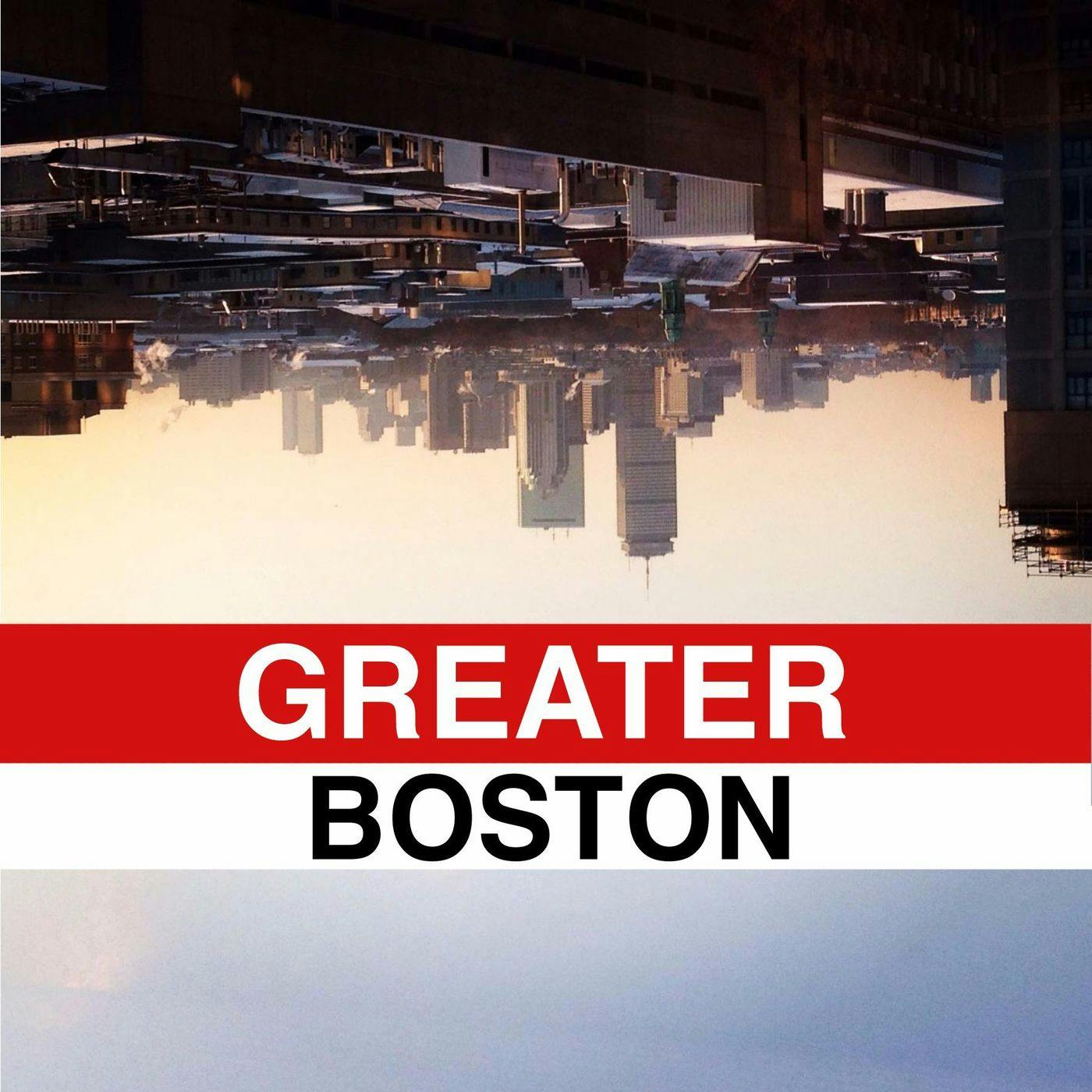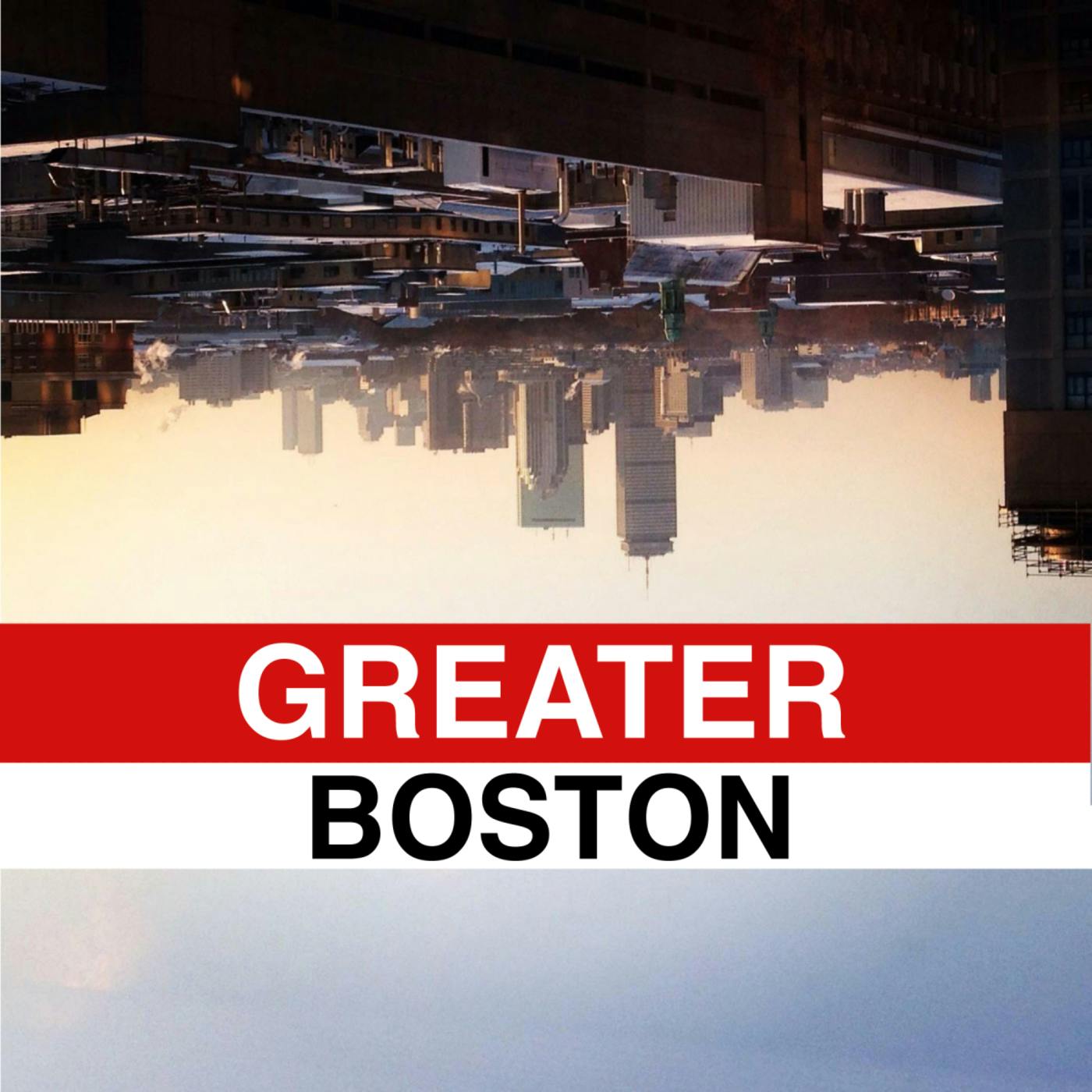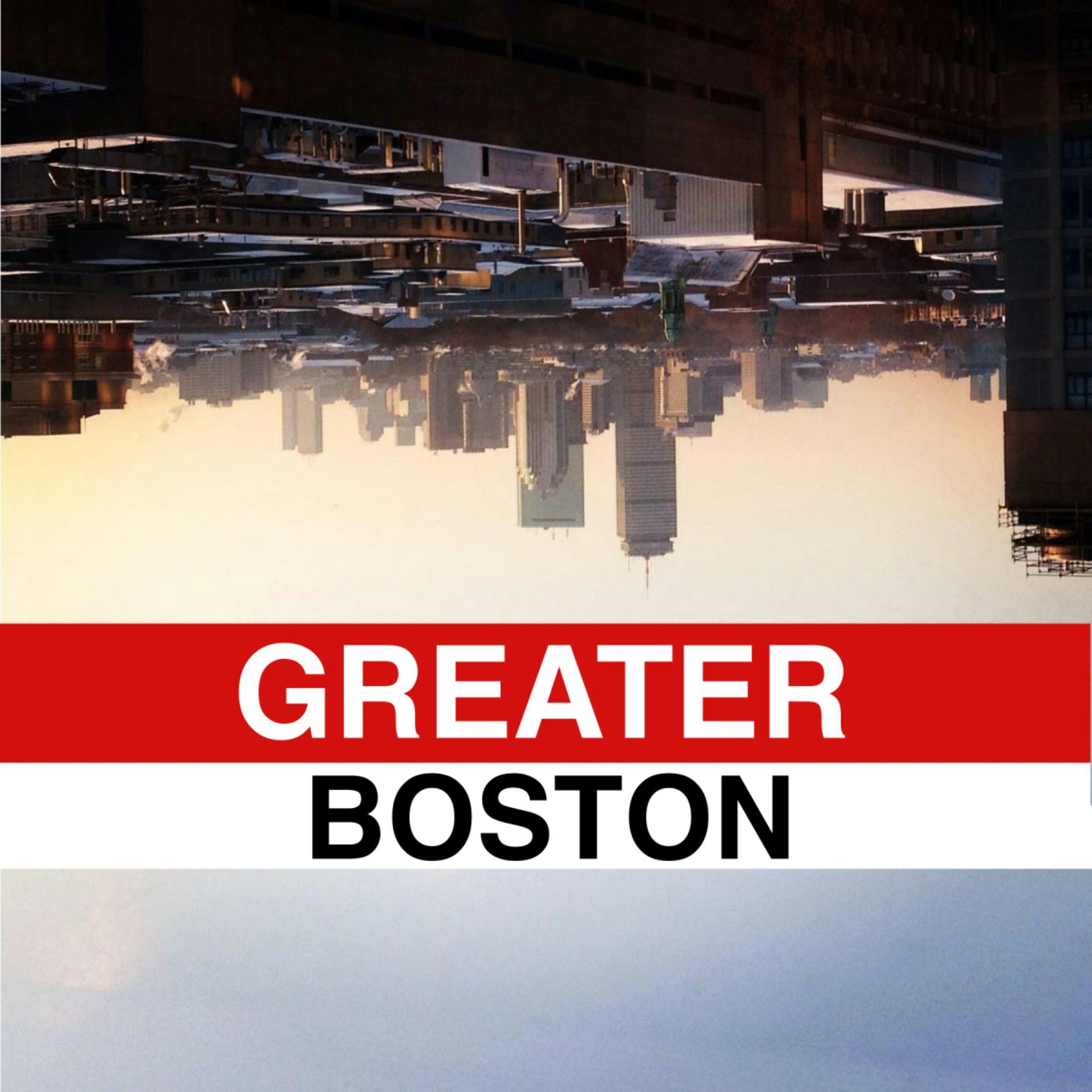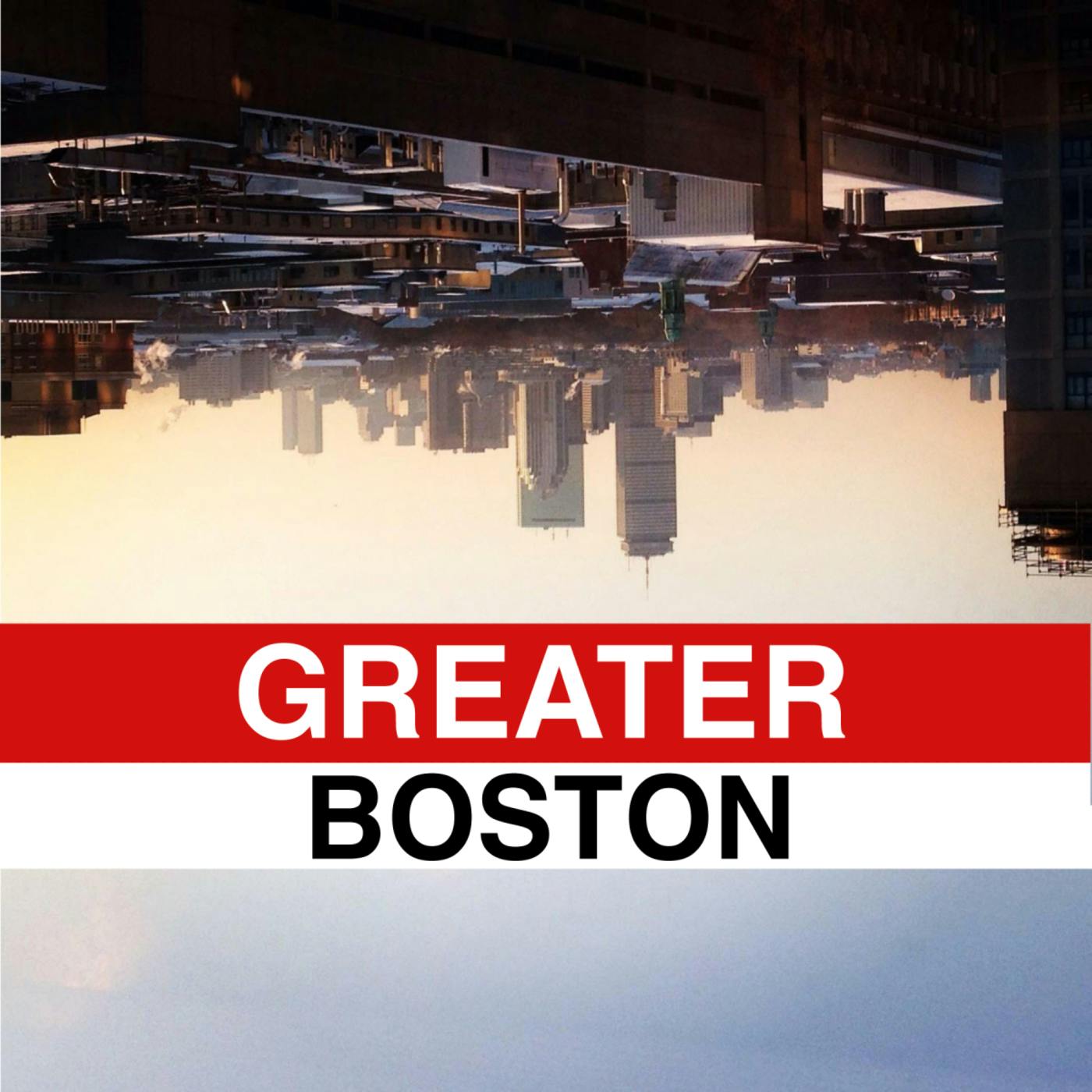Latest Episode
Our most recent release!
Episodes
Jan. 12, 2016
Trailer 1: "We Believe"
The time has come, fellow riders of The Red Line! The time for a transit transition! A railway revolution! A Subway Secession! Greater Boston -- A Speculative Audio Drama set in an alternate Boston. A production of ThirdSight...
Jan. 12, 2016
Trailer 1: "We Believe"
The time has come, fellow riders of The Red Line! The time for a transit transition! A railway revolution! A Subway Secession! Greater Boston -- A Speculative Audio Drama set in an alternate Boston. A production of ThirdSight...
April 12, 2016
Episode 3: Professional Prognostication
One needs a job, one hates their job, one gets a job.











